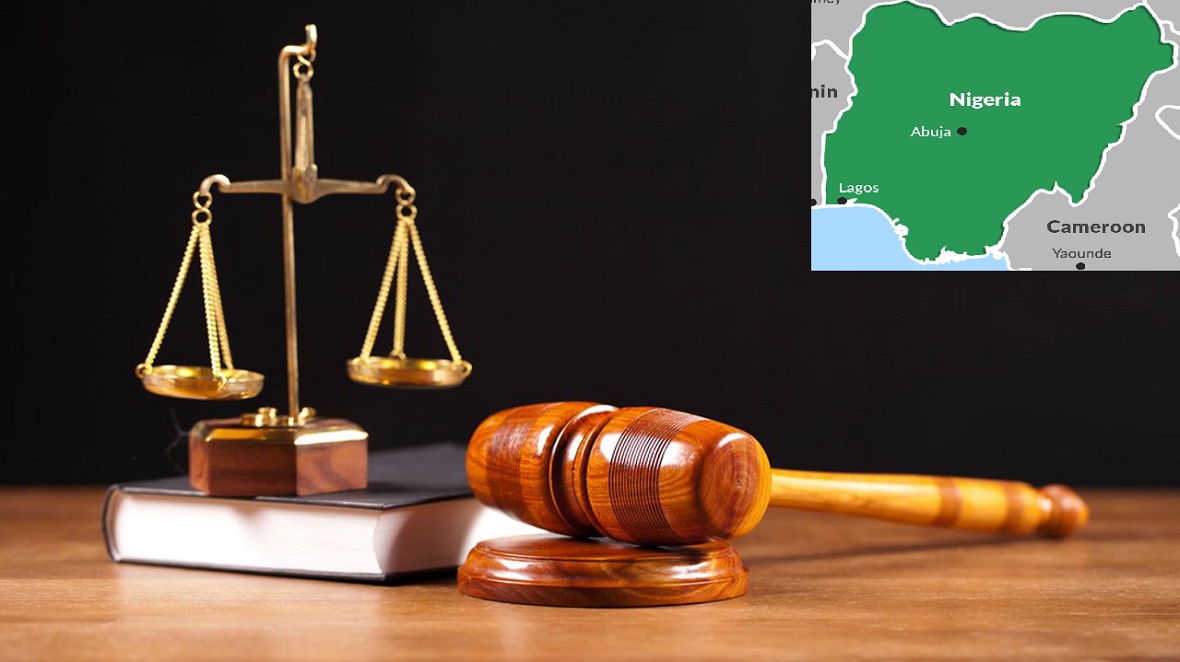BREAKING NEWS
UK court rules against Nigeria in $1.7bn JP Morgan suit

A UK court has ruled against Nigeria in the $1.7bn suit against JP Morgan Chase Bank over the transfer of proceeds from the sale of OPL 245. Judge Sara Cockerill of the Business and Property Courts of England and Wales Commercial Court held on Tuesday that the Nigerian government couldn’t show that it had been defrauded.
The Federal Government had sued JP Morgan, alleging that the bank “ought to have known” that there was corruption and fraud in the transaction which saw Malabu sell its 100 per cent in OPL 245 to Shell and ENI for $1.1 billion.
During a trial which lasted six weeks, Nigeria argued among other things that the bank acted negligently when it transferred $875 million in funds between 2011 to 2013 from government accounts to Etete, who had been convicted of money laundering.
The country sought $1.7bn as damages including interest for what it identified as “glaring” red flags, including “overwhelming” evidence of fraud and stark warnings from its own compliance staff when it authorized the payments.
The case essentially examined the extent of a bank’s duty of care toward clients, and whether it should have halted payments even if that meant overriding assurances from government officials.
The bank in its defence rejected Nigeria’s claims, maintaining that all due processes were followed and money laundering checks were done, arguing that allegations of fraud only came up after a new government took over in Nigeria.
JPMorgan also argued that it filed suspicious activity reports with enforcement authorities and gained their consent before making the transfers.
In the judgement, Judge Cockerill ruled that the Nigerian government could not prove that it was defrauded, saying it may be that with the benefit of hindsight, “JPMorgan would have done things differently” but declared that “none of these things individually or collectively amount to triggering and then breaching” the bank’s duty of care to its client.
According to the judge, by the time of the 2013 payments, the bank was “on notice of a risk” of fraud. In its reaction to the judgment, JP Morgan in a statement said, “This judgment reflects our commitment to acting with high professional standards in every country we operate in, and how we are prepared to robustly defend our actions and reputation when they are called into question.”
A spokesperson for the Federal Government said it will be reviewing the judgment before deciding next steps. “The FRN will continue its fight against fraud and corruption and to work to recover funds for the people of Nigeria,” it said.
Controversial deal
Shell and ENI had paid a total of $1.3 billion to Nigeria’s account at JP Morgan — $801 million for Malabu, the original OPL 245 allottees, and $210 million as signature bonus to the federal government.
All attempts by Nigeria to prove that there was corruption in the OPL 245 deal have so far proved fruitless. An Italian court in March 2021 dismissed all charges of corruption in the transaction, discharging and acquitting all the defendants, including Shell, ENI and Dan Etete, the promoter of Malabu.
The US Department of Justice (DoJ) previously investigated the OPL 245 deal and announced in October 2019 that it was closing the case.
In April 2020, the US Securities and Exchange Commission also closed investigation into the controversial deal after it could not prove fraud or corruption. In the JP Morgan case, it was alleged that Mohammed Bello Adoke, the attorney-general of the federation when the transaction was concluded in 2011, was corrupt and that the entire deal was fraudulent.
Adoke has always denied any wrongdoing, alleging political persecution and maintaining that there is a grand conspiracy to twist a failed mortgage transaction he did in 2013 as evidence of the alleged corruption.
Citing proceedings from Nigerian courts, JP Morgan said that on April 13, 2018, “the Nigerian Federal High Court granted declarations to the effect that Mr Adoke could not be held personally liable in respect of the payments to Malabu (and the giving of instructions to JPMC to make them) because he was merely carrying out the lawful directives and approvals of the President”.
The bank said for Nigeria to make a case, it must prove that “Mr Adoke caused the Resolution Agreements to be concluded and the payment instructions to be issued; and that he did so in exchange for bribes.”




 Davido's Net Worth & Lifestyle
Davido's Net Worth & Lifestyle 
